Liberate Your Mind from Anxiety, Stress, and Depression – Todd Perelmuter
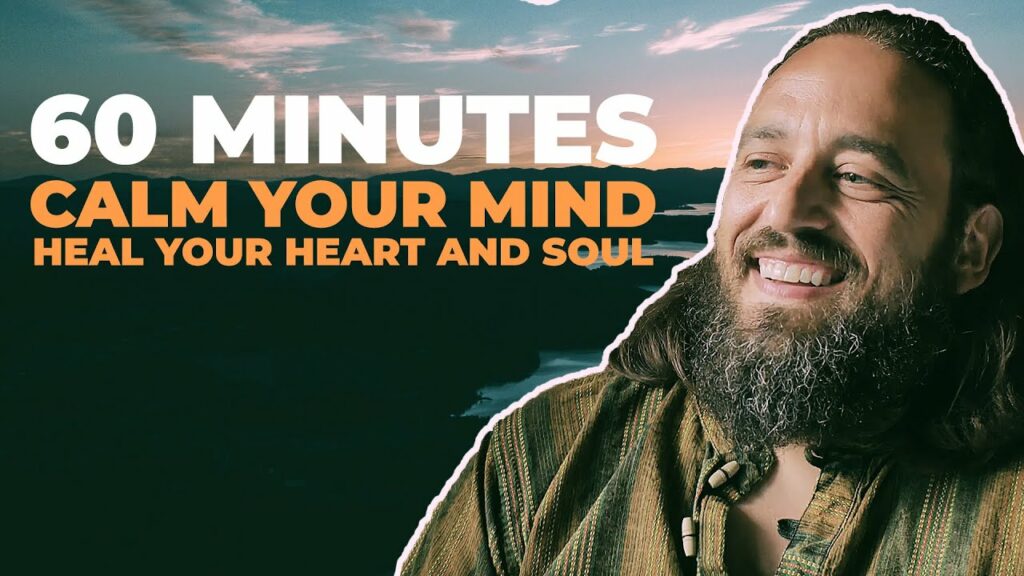
60 Positive Minutes to Freedom Simple Practices to Cultivate Gratitude, Mindfulness, and Self-Love for Mental Well-Being Introduction In today’s fast-paced world, anxiety, stress, and depression have become common issues that many people struggle to manage. In the quest for mental freedom, practicing gratitude and mindfulness can be transformative. This article will explore practical steps to […]
Path to Peace Podcast with Todd Perelmuter
Path to Peace Podcast – Embracing Authenticity and Self-Acceptance Welcome to the Path to Peace Podcast, where we explore the journey towards inner peace, self-acceptance, and authentic living. I’m your host, Todd Perlmutter, and I’m here to guide you through transformative insights and practices that help us navigate life’s challenges with grace and confidence. In-Depth […]
Returning to Oneness – The Most Eye Opening Spiritual Documentary Film on Non-duality
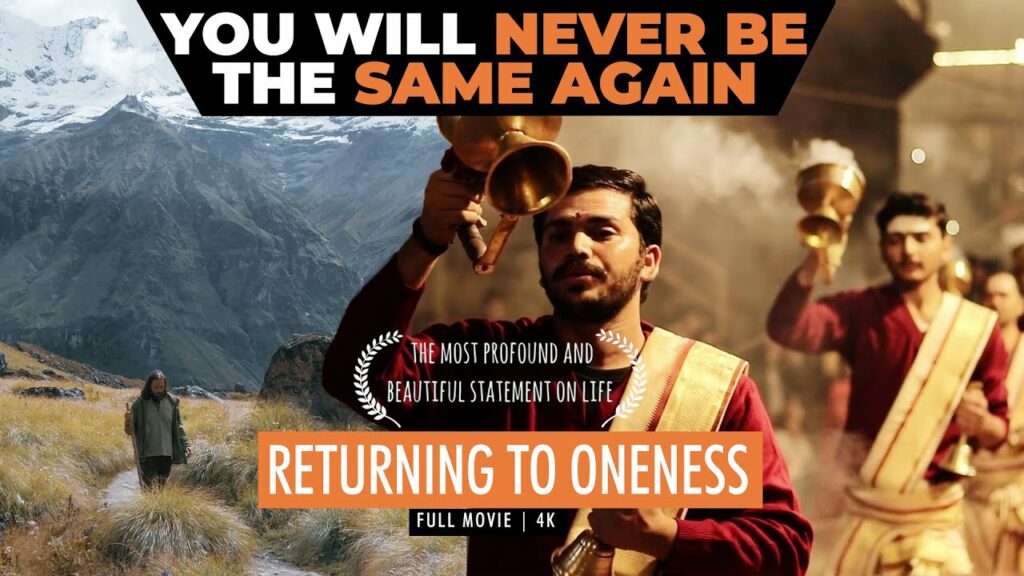
Returning to Oneness: Exploring Non-duality and Spiritual Connection Understanding the Vastness of the Universe The documentary “Returning to Oneness,” featuring Todd Perelmuter, delves into the profound concepts of non-duality, the illusion of separateness, and the interconnectedness of all beings. Through personal anecdotes and spiritual insights, the film encourages viewers to explore a deeper understanding of […]
22 spiritual habits to change your life forever – Todd Perelmuter
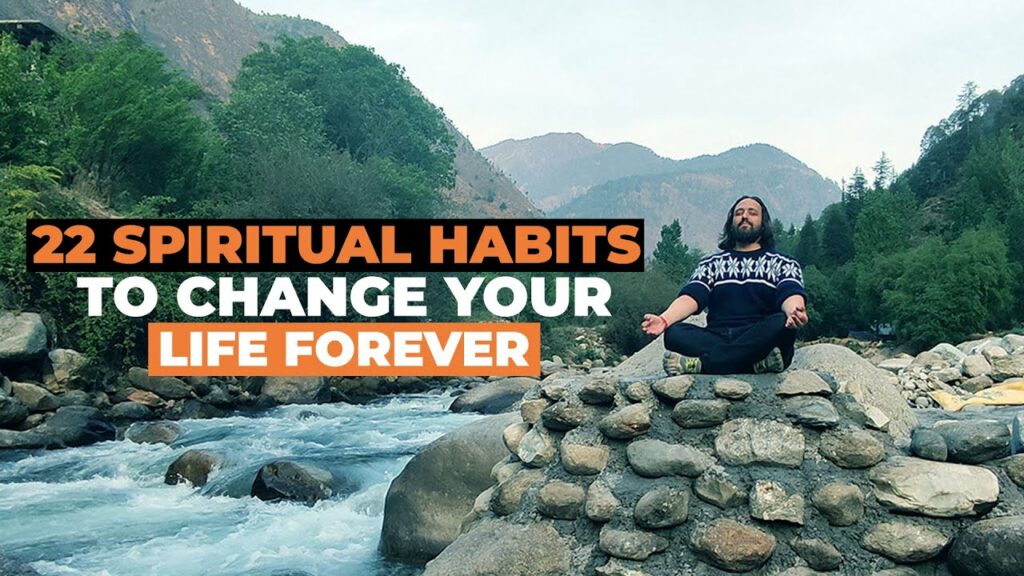
66 Minutes to CHANGE the REST OF YOUR LIFE By Todd Perelmuter Transforming your life doesn’t have to be a distant dream. In just 66 minutes, you can adopt new habits that will profoundly change your outlook, well-being, and overall happiness. Todd Perelmuter, a renowned author and spiritual coach, shares 22 spiritual habits that promise […]
Todd Perelmuter Channel
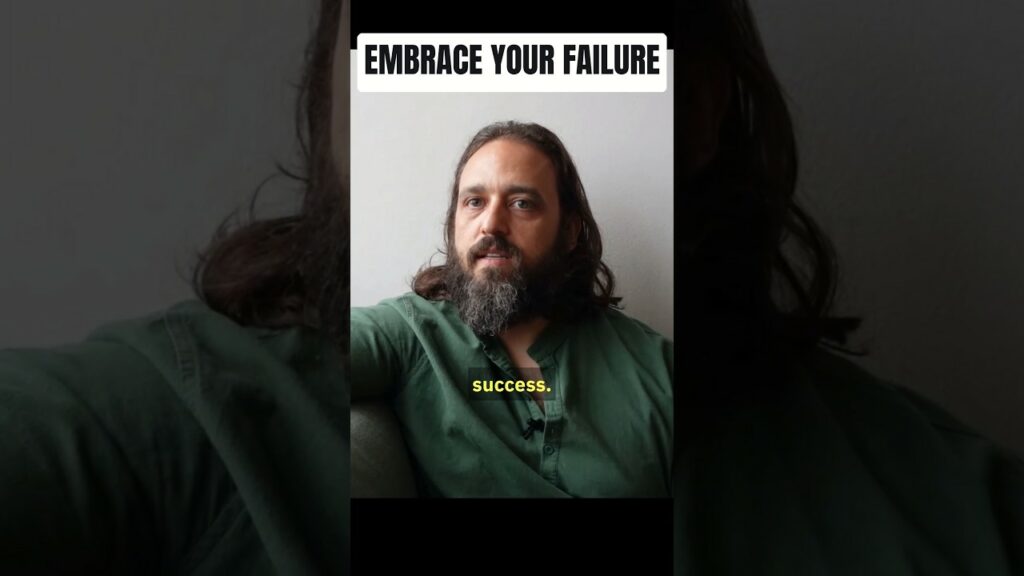
Todd Perelmuter: A Journey of Mindfulness and Spiritual Enlightenment The Mindful Path: Todd Perelmuter’s Quest for Inner Peace and Universal Wisdom Todd Perelmuter is a renowned mindfulness coach, spiritual guide, and meditation expert known for his profound impact on individuals seeking inner peace and spiritual growth. With a journey that spans continents and cultures, Todd […]
ALONENESS TO ONENESS – Best Life Changing Spiritual Documentary Film on Non-duality – Todd Perelmuter
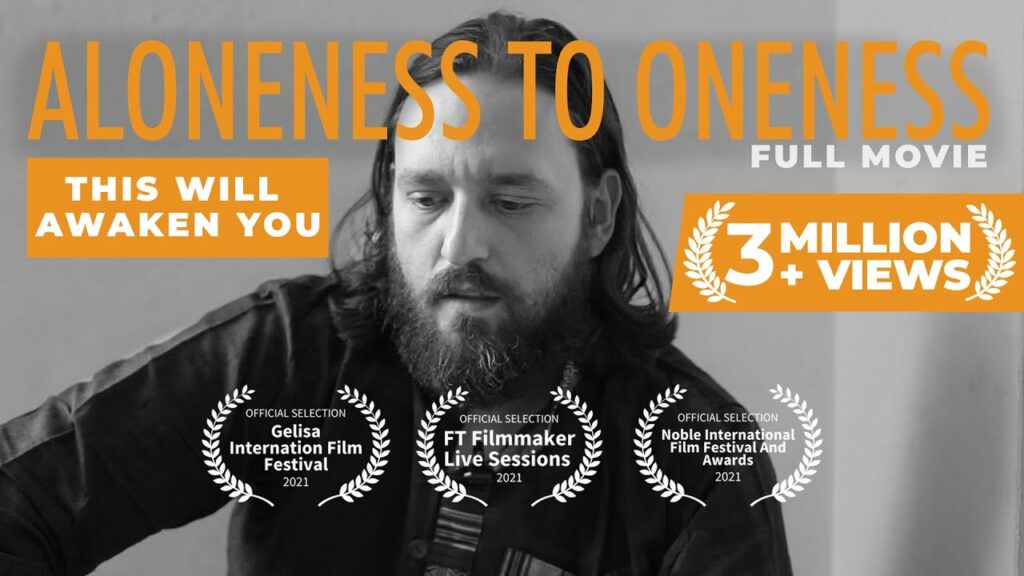
Aloneness to Oneness: A Journey of Spiritual Transformation Discovering Non-duality and the Essence of True Happiness Discovering Non-duality and the Essence of True Happiness During his travels in India, Aaron Abke met a man at an ashram who was around 45-50 years old, a bit older than the usual crowd. This man shared a poignant […]
